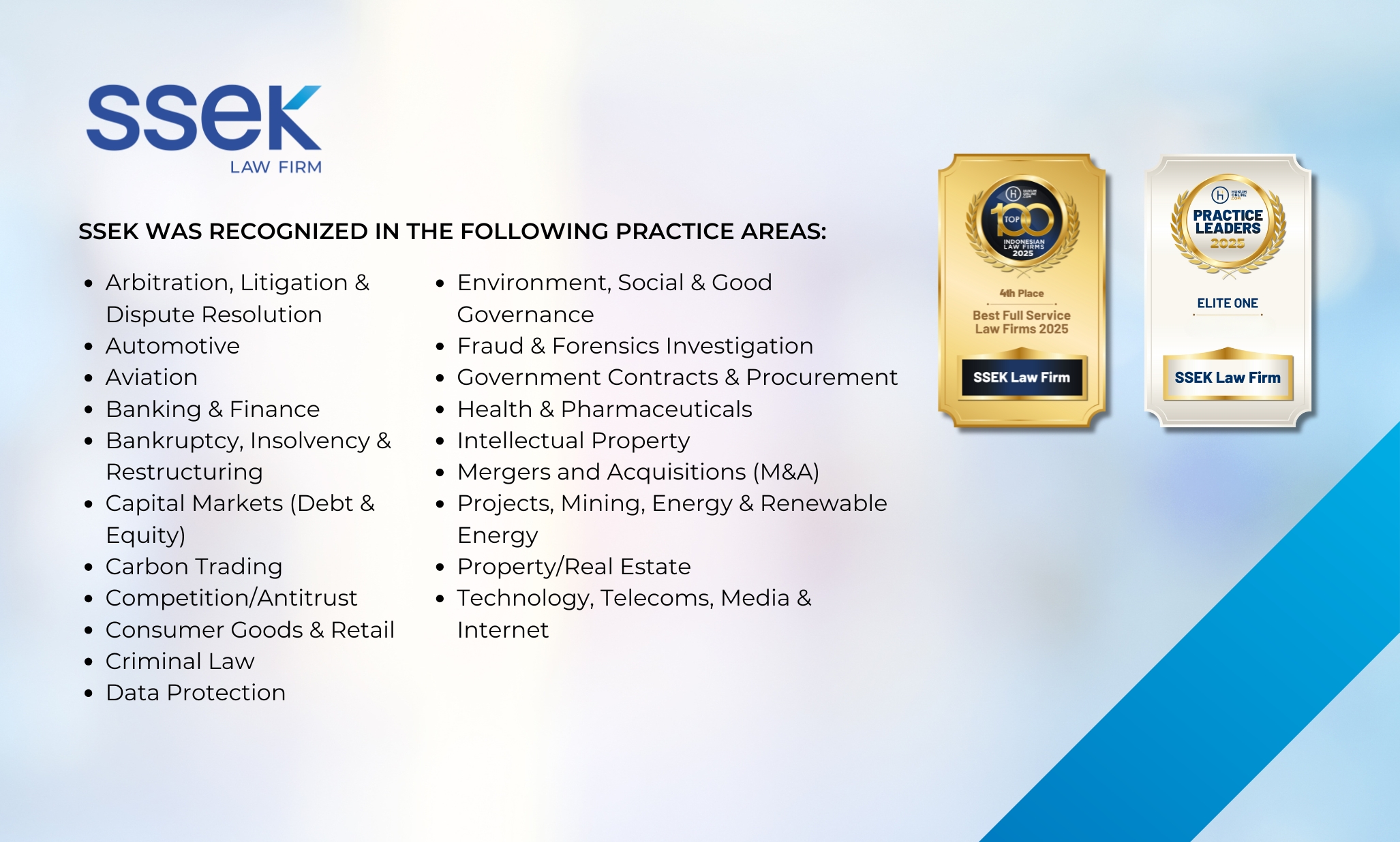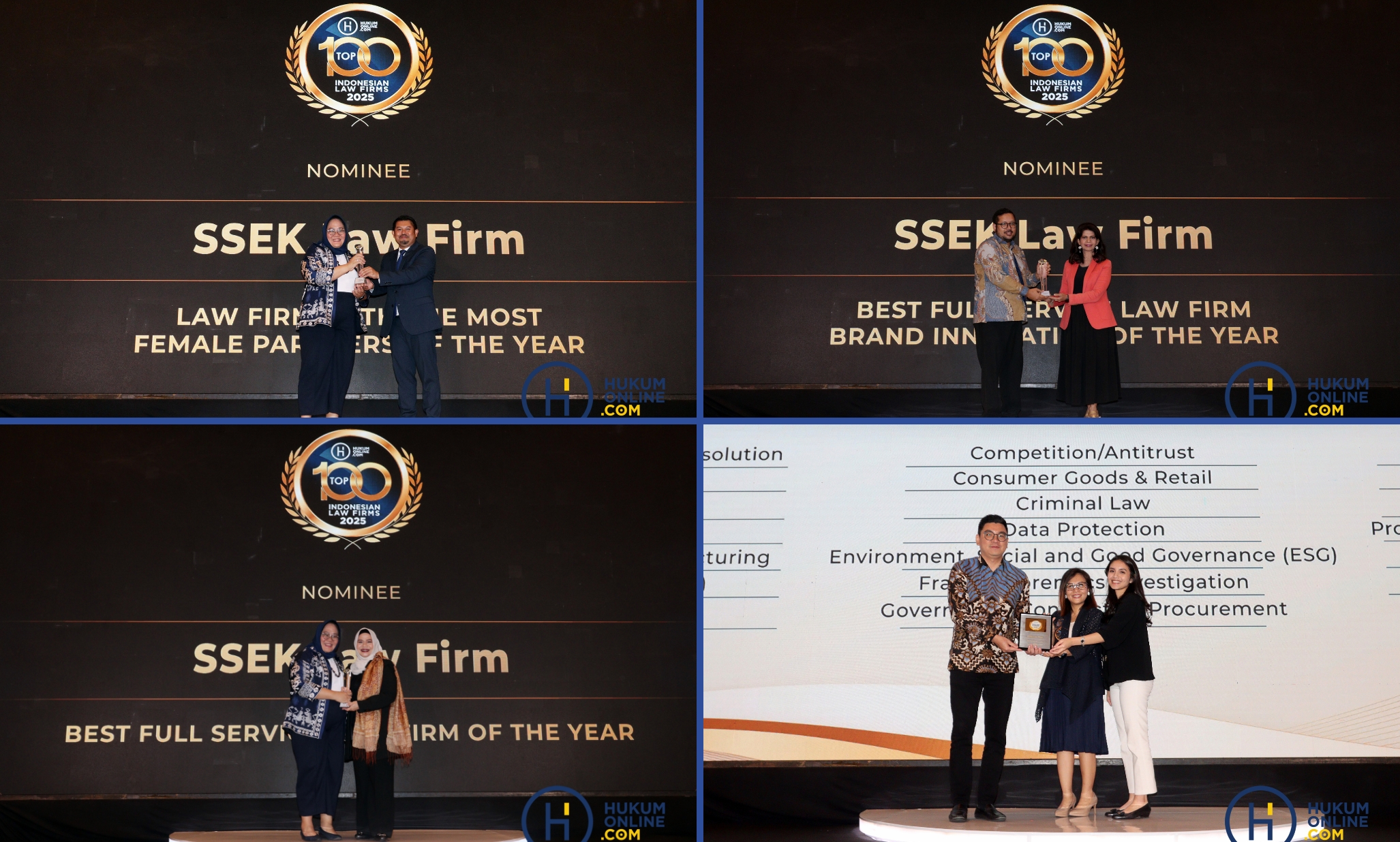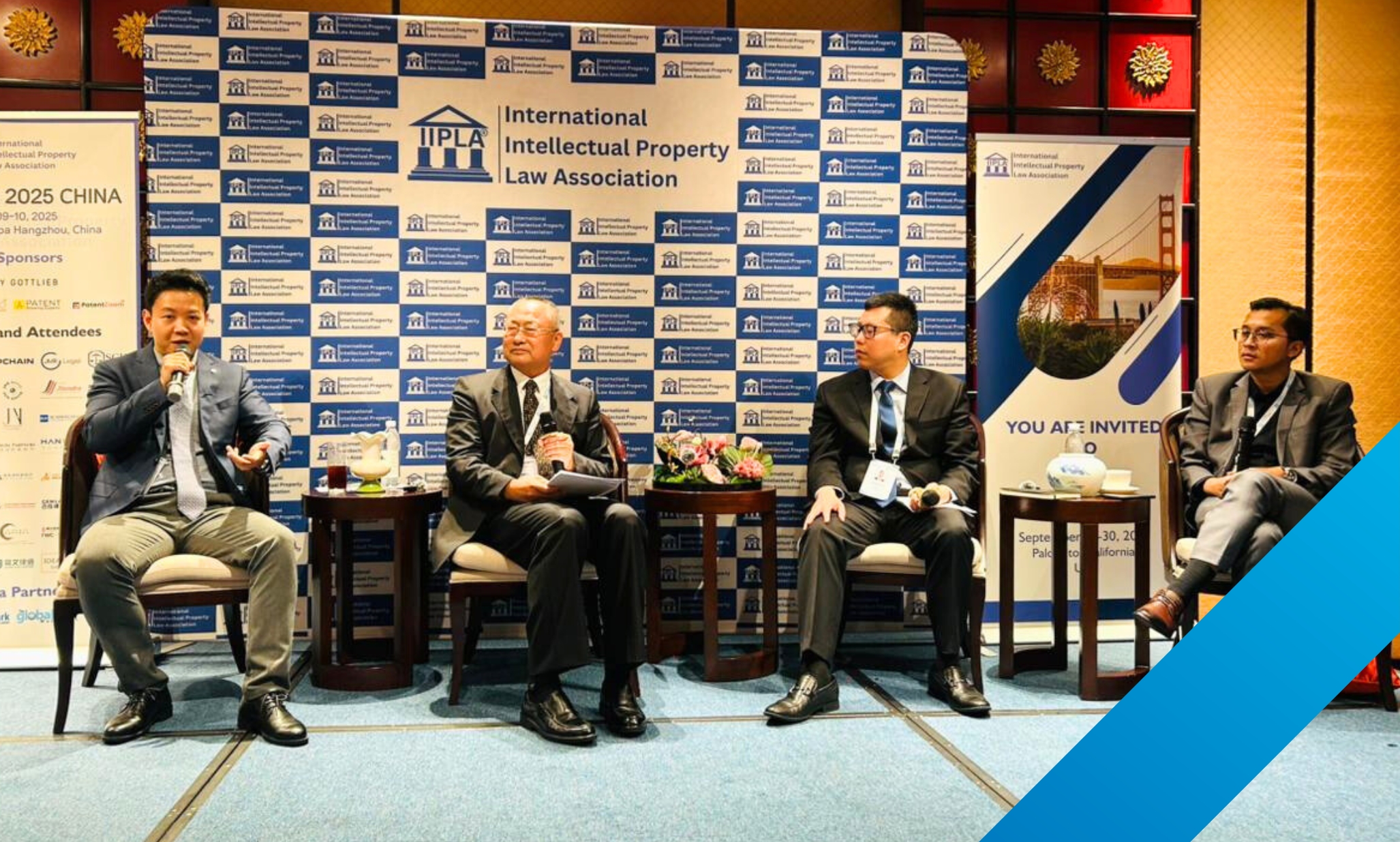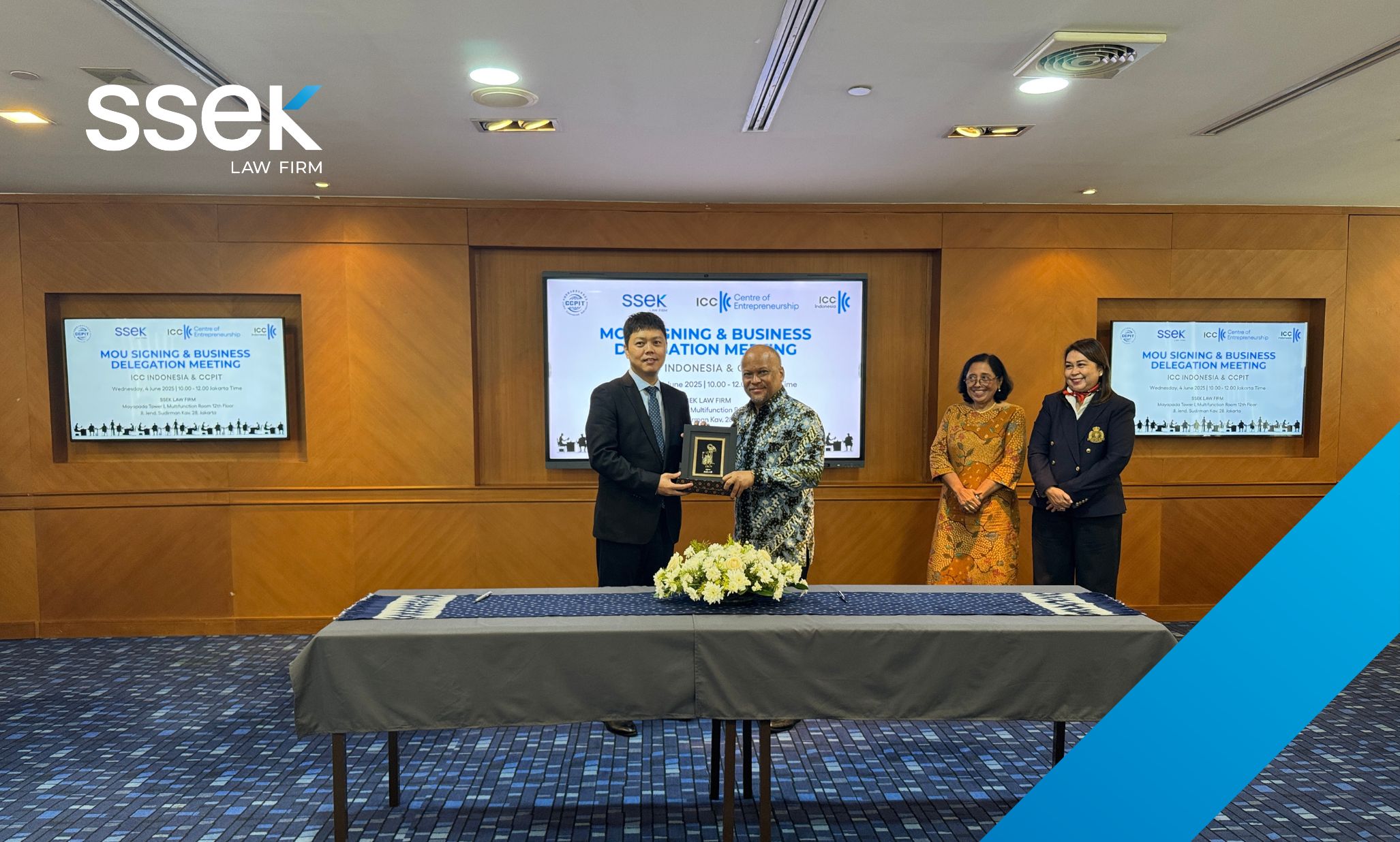

The Minister of Energy and Mineral Resources (MEMR) has issued MEMR Regulation No. 23 of 2018 regarding the Management of Oil and Gas Working Areas which Production Sharing Contract Will Expire dated April 24, 2018 (MEMR Reg 23/2018). MEMR Reg 23/2018 revokes MEMR Regulation No. 15 of 2015 regarding the Management of Oil and Gas Working Areas which Production Sharing Contract Will Expire dated May 11, 2015, and its amendment, MEMR Regulation No. 30 of 2016 dated October 25, 2016 (MEMR Reg 15/2015, as amended).
In general, MEMR Reg 23/2018 provides that an existing contractor (PSC Contractor) of the relevant Production Sharing Contract (PSC) does not have an automatic right to a PSC extension. The PSC Contractor is required to submit a PSC extension application before the PSC expires. PT Pertamina (Persero) (Pertamina), the Indonesian state-owned oil and natural gas company, can also apply for a management takeover of the expiring PSC.
The MEMR will determine which party shall be entitled to manage the expiring PSC by considering the (i) potential oil and gas reserves in the relevant PSC, (ii) market/demand potential or certainty, (iii) the technical and economic feasibility of the PSC, (iv) commitment to prioritize the fulfillment of domestic demand for oil and/or gas, (v) the performance of the PSC Contractor, and (vi) maximum benefit for the state.
Future Operation of Expiring PSC
Previously, MEMR Reg 15/2015, as amended provided four management scheme options for expiring PSCs, namely:
- Take over by Pertamina;
- PSC extension by the PSC Contractor;
- Joint operation between Pertamina and the PSC Contractor; or
- Tender of the relevant working area.
MEMR Reg 15/2015, as amended did not stipulate that the above management scheme options were made in sequence and, therefore, did not explicitly give Pertamina priority over the PSC Contractor to manage an expiring PSC.
Under MEMR Reg 23/2018, the four management scheme options for an expiring PSC are as follows:
- PSC extension by the PSC Contractor;
- Take over by Pertamina;
- Joint operation between Pertamina and the PSC Contractor; or
- Tender of the relevant working area.
MEMR Reg 23/2018 sets a new sequence for the management of expiring PSCs, putting PSC extension by the PSC Contractor ahead of Pertamina taking over the expiring PSC. Much has been made of this change in sequence, including statements from the MEMR that MEMR Reg 23/2018 provides a specific privilege for PSC Contractors over Pertamina. However, as there is no specific mention of such privilege in MEMR Reg 23/2018, it can be concluded that the regulation does not explicitly provide any privilege or priority for a specific party in managing an expiring PSC.
Contract Extension by the PSC Contractor
Under MEMR Reg 23/2018, a PSC Contractor shall submit an application for PSC extension along with the required supporting documents to the MEMR through SKK Migas.
The PSC Contractor can submit the application for PSC extension at the earliest 10 years and at the latest 2 years before the PSC expires. However if the PSC Contractor is a party to a gas sales contract with a term greater than 10 years, the PSC Contractor can request an extension prior to 10 years before the relevant PSC expires.
In the event that there is more than one PSC Contractor in a relevant PSC, the extension application shall be submitted jointly by all of the relevant PSC Contractors. If a PSC Contractor does not wish to participate, the remaining PSC Contractor(s) may submit the extension application jointly.
After the extension application is submitted, SKK Migas will assess such application and the supporting documents. SKK Migas must convey its assessment results to the MEMR, copied to the Director General of Oil and Gas (DGOG), within 150 calendar days. MEMR Reg 23/2018 provides that after it receives the assessment results from SKK Migas, the MEMR itself will evaluate the PSC Contractor's application.
MEMR Reg 15/2015, as amended stipulated a maximum time limit of 1 year before the relevant PSC\'s expiration for the MEMR to issue its approval or rejection of the PSC Contractor's extension application. MEMR Reg 23/2018 is silent on this issue. If the application is granted, the MEMR will grant a PSC extension to the PSC Contractor for the time period of 20 years for each extension.
In the event that the PSC extension is approved:
- The PSC Contractor must offer a 10% participating interest in the PSC to a Regional-Owned Entity (Badan Usaha Milik Daerah or BUMD) unless there is already an existing BUMD holding a 10% participating interest in the PSC.
- During the course of three years after the PSC is extended: (i) the majority shareholder of the PSC Contractor shall not transfer its majority shares to any unaffiliated parties, and (ii) the PSC Contractor shall not transfer its majority participating interest to any unaffiliated parties.
MEMR Reg 23/2018 removes the provision under MEMR 15/2015, as amended whereby, in the event that the PSC extension was approved, Pertamina could participate as a co-venturer with up to a 15% participating interest.
PSC Management Takeover by Pertamina
Pertamina can apply to take over management of an expiring PSC. To do so, Pertamina shall submit an application to the MEMR, through the DGOG, for a license for the disclosure and utilization of data, along with the required supporting documents.
Under MEMR Reg 23/2018, Pertamina may submit its application at the earliest 10 years and at the latest 2 years before the PSC expires. MEMR Reg 23/2018 adds that the MEMR may set a different time period for Pertamina to submit its application. This was not previously regulated under MEMR Reg 15/2015, as amended.
MEMR Reg 23/2018 removes the time period for Pertamina to submit its application in the event that the PSC Contractor has already submitted a PSC extension application, as provided under MEMR Reg 15/2015, as amended. Pursuant to MEMR Reg 15/2015, as amended, Pertamina may submit an application (i) at the latest 1 year after the PSC Contractor has submitted its application in the period of more than 3 years before the PSC expires, or (ii) at the latest of six months after the PSC Contractor has submitted its application in the period of less than 3 years before the PSC expires.
After Pertamina submits its PSC management takeover application, the MEMR may request that SKK Migas consider Pertamina's application. In such event, SKK Migas must submit its results to the MEMR, copied to the DGOG, no later than 60 calendar days after receiving the consideration request from the MEMR. Similar to the evaluation of the PSC Contractor's application, MEMR Reg 23/2018 provides that the MEMR itself will evaluate Pertamina's application.
Similar to the provision for PSC extension by PSC Contractor, MEMR Reg 15/2015, as amended stipulated a maximum time limit for the MEMR to issue its approval or rejection of Pertamina's application, in the maximum limit of 1 year before the relevant PSC's expiration. However, MEMR 23/2018 is silent on the time limit for the MEMR to issue its approval or rejection.
In the event that Pertamina's application is approved:
- Pertamina must maintain its participating interest of at least 51% during the term of the PSC. This was not expressly regulated under MEMR Reg 15/2015, as amended, which simply stipulated how Pertamina was prohibited to transfer its majority participating interest during the term of the PSC.
- A BUMD is entitled to a 10% participating interest in the PSC.
- Pertamina may sign the new PSC before the existing PSC expires. The new PSC shall be effective as per the date of expiration of the expiring PSC.
- After the signing of the new PSC, Pertamina may commence transitional activities after obtaining approval from SKK Migas, including: (i) the submission of a work program and budget to SKK Migas, (ii) procurement of the required goods and services, and/or (iii) application for the necessary licenses related to the operational activities after the new PSC becomes effective.
- Also after the signing of the new PSC, Pertamina may finance the activities of the new PSC or carry out operational activities before the new PSC becomes effective if deemed necessary to maintain oil and gas production levels. Because such activities are implemented during the validity of the expiring PSC, they shall be implemented by the PSC Contractor based on an agreement with Pertamina as the new PSC operator.
All of the costs incurred by Pertamina during the transitional period may be recovered under the new PSC if it uses the cost recovery scheme.
Joint Operation between the PSC Contractor and Pertamina
In the event that both the PSC Contractor and Pertamina submit an application to manage an expiring PSC, the MEMR may determine the PSC Contractor and Pertamina to carry out a joint operation to manage the PSC. In such event, the MEMR will determine the form and main provisions of the PSC including the participating interest of each party.
Tender of Expiring PSC
In the event that neither the PSC Contractor nor Pertamina submits an application to manage an expiring PSC or the MEMR rejects the application of the PSC Contractor or Pertamina, the MEMR may tender the expiring PSC before it expires.
In the event that the expiring PSC is granted to a new contractor following a tender:
- The new contractor may sign the new PSC before the existing PSC expires. The new PSC shall be effective as per the date of expiration of the expiring PSC.
- After the signing of the new PSC, the new contractor may commence transitional activities after obtaining approval from SKK Migas, including: (i) the submission of a work program and budget to SKK Migas, (ii) procurement of the required goods and services, and/or (iii) application for the necessary licenses related to the operational activities after the new PSC is effective.
- Also after the signing of the new PSC, the new contractor may finance the activities of the new PSC or carry out operational activities before the new PSC becomes effective if deemed necessary to maintain oil and gas production levels. Because such activities are implemented during the validity of the expiring PSC, they shall be implemented by the PSC Contractor based on an agreement with the new contractor as the new PSC operator.
All of the costs incurred by the new contractor during the transitional period may be recovered under the new PSC if it uses the cost recovery scheme.
Evaluation Implementation
In carrying out its evaluation to determine the party entitled to manage an expiring PSC, MEMR Reg 23/2018 provides that the MEMR may establish an evaluation team comprising representatives from various units within the MEMR as well as from other relevant institutions. The evaluation team shall calculate a signature bonus to be paid to the Government using the formula stipulated by the MEMR. The MEMR may stipulate the amount of the signature bonus, ranging from US$1 million to US$250 million. The maximum signature bonus was not previously regulated under MEMR Reg 15/2015, as amended.
Abandonment Site Restoration Obligations
MEMR Reg 15/2015, as amended provided that required post-upstream oil and gas operations not implemented prior to the expiry of the PSC must be carried out by the PSC Contractor and/or Pertamina or the new contractor, as applicable. Such implementation was to be done by utilizing the Abandonment and Site Restoration Fund (AARF) reserved in the relevant joint bank account or escrow account. This provision has been removed in MEMR Reg 23/2018. The reason for the removal might be the issuance of MEMR Regulation No. 15 of 2018 regarding Post-Operation Activities in Upstream Oil and Gas Business Activities dated February 23, 2018, which sets out provisions regarding these post-upstream oil and gas operations upon the expiry of the PSC.
This publication is intended for informational purposes only and does not constitute legal advice. Any reliance on the material contained herein is at the user's own risk. You should contact a lawyer in your jurisdiction if you require legal advice. All SSEK publications are copyrighted and may not be reproduced without the express written consent of SSEK.









